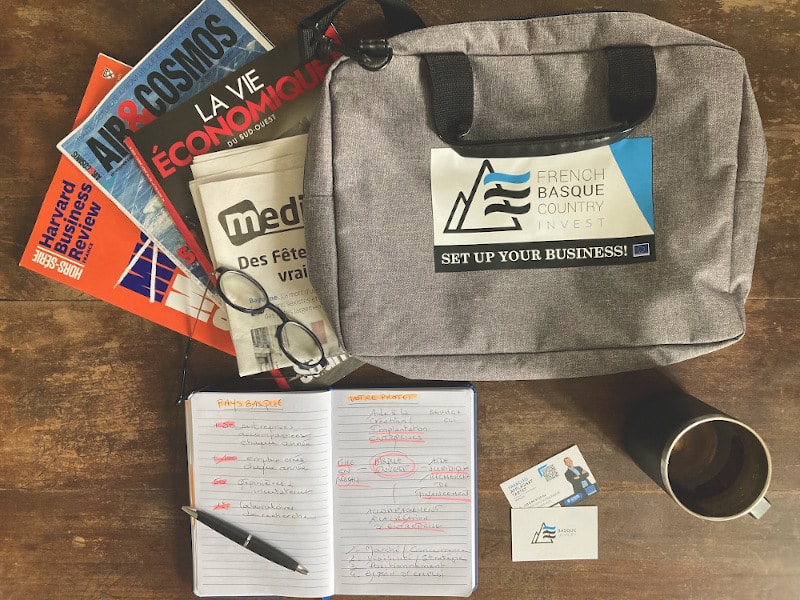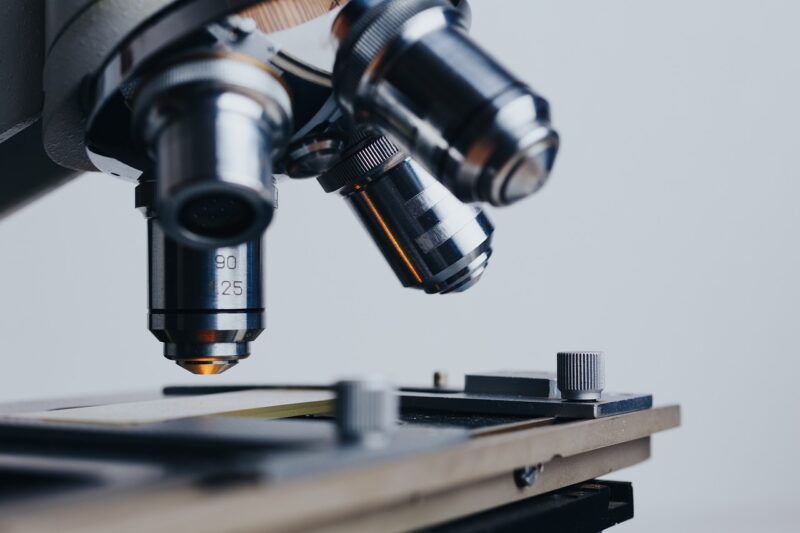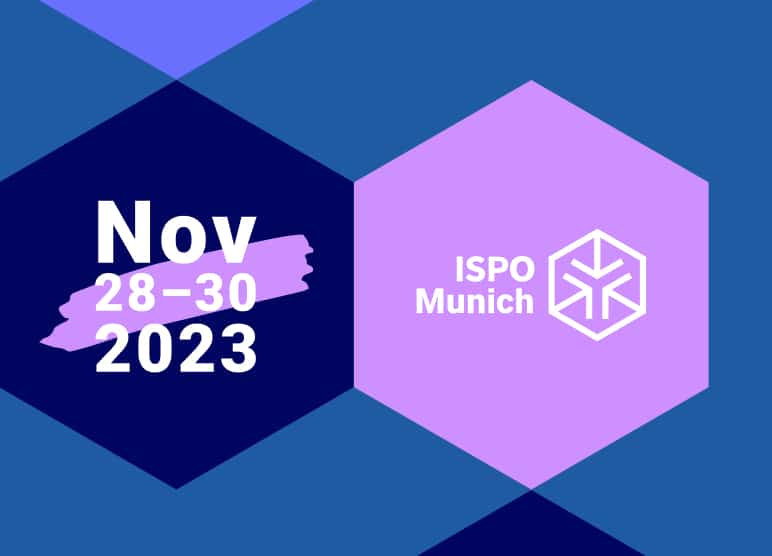New space and the French space industry
The term New Space was first coined in 2006 by the Space Frontier Foundation (SFF: an American non-profit organization supporting the development of space exploration and activities) to designate the activities of deep-tech startups in the space business and industry.
The balance of power in the conquest of space has shifted, and the sector has become increasingly complex, both politically and legally – with space law at the heart of the debate.
It is against this backdrop that Newspace (or “Entrepreneurial Space”) is playing its cards close to its chest in the race for space exploration and space programs, developing several product and service segments:
- Satellites
- Mission and control ground
- Satellite system operation
- On-board subsystems and equipment
- In-orbit services
- Launchers and related services
- HAPS (High-altitude platform stations)
The space and digital ecosystems are demonstrating their ambitions in terms of economic and technological development.
In response to the American giants (NASA and Space X, among others), Europe is confirming its momentum with major projects: the launch of the Artemis 2 and 3 missions, and the launch into orbit of the Iris 2 multi-orbital satellite constellation (an initiative of European space industry leaders: Thales Alenia Space, AirBus, Hispasat, Eutelsat, SES).
French startups play an active role in the vitality of the space ecosystem, following in the innovative footsteps of the big names to develop their business.
New Space: exponential growth for French startups
A player in the space industry for over 60 years, France is one of the leading nations in NewSpace, thanks to its technical talents, innovations and world-renowned companies, backed by investors and the commitment of the French government.
CNES (Centre national d’études spatiales) in particular supports NewSpace startups and the French space industry in their technological and economic progress, both nationally and internationally.
Spacetechs enrich their ecosystem and meet up at dedicated events to pool their knowledge and skills: the Paris Air Forum, the Newspace conference, the International Paris Air Show (SIAE) at Le Bourget.
The Paris Air Forum showcased Toulouse-based start-up U-Space, a specialist in new-generation nanosatellites that now gravitates alongside the giants of the sector. This startup, expert in miniaturization, designs complete, modular space systems based on a global architecture project, from preliminary study (cost, feasibility) to manufacture (nanosatellite, ground segment, flight software and control algorithms) right through to launch into orbit.
Loft Orbital, a Franco-American company specializing in the rapid in-orbit launch of payloads (antennas, cameras, technology demonstrators), has signed an agreement with Airbus for the purchase of Arrow satellite platforms. These orbital platforms enable several companies to use tools and technological resources from the same space base, thus pooling costs and know-how.
The pride of French Newspace, Exotrail, a start-up known for its innovative mini-satellite thrusters, recently designed a software suite to simulate space mission scenarios and automate anti-collision maneuvers.
Its SpaceVan “space bus” space transportation project, winner of the France 2030 space program, will have an orbital transport capacity of 400 kilos, with the aim of considerably reducing the energy required to refuel orbital stations.
Another space transport start-up, Dark manufactures air-launched launchers that can send satellites into orbit and recover them from aircraft in flight. The startup aims to help clean up space by recovering debris and satellites.
In the same new-generation launcher segment, Bordeaux-based HyPrSpace (Hybrid Propulsion For Space) – France’s Space X – has designed a disruptive technology for a reusable micro-launcher with hybrid propulsion. This innovation not only considerably reduces launch costs, but also reduces the space industry’s carbon footprint, thanks to the use of recycled fuel.
Setting up, financing and raising funds for the space industry
As part of the France 2030 plan, CNES has joined forces with BPI France to inject 1.5 billion euros over 5 years into the space race.
Toulouse Space Team conducted a study on the financing of space projects by French startups. Europe’s NewSpace has raised over 2.2 billion euros over 10 years, while France’s New Space has raised over 650 million euros over the same period. SpaceTech is making its mark on the French economy.
Growth is accelerating at the same pace as fund-raising, with €54 million raised by Exotrail, €40 million by The Exploration Company, €140 million by Loft Orbital and €100 million by Kinéis. Space industry startups have been the focus of over 60 deals in recent years.
How can we follow in the footsteps of these high-potential start-ups?
The European Space Agency (ESA) was set up in 1975 and now has 22 member states. Its aim is to promote the scientific and industrial interests of European companies and organizations in space within a peaceful framework. ESA supports innovative entrepreneurs in the space sector and provides them with the tools they need to realize their projects. It also shares French space industry capabilities and scientific information within its space economy observatory.
In addition to funding, a number of tools are available to help start-ups in the space industry develop their innovative projects. For example, the Connect by CNES portal provides access to satellite technologies and data. CNES’s aim is to keep French players in the space economy at the forefront of innovation and Newspace expertise worldwide. The major challenge remains to anticipate tomorrow’s societal and environmental needs.
Led by Thales Alenia Space’s Innovation Cluster, the Space Business Catalyst initiative supports start-ups proposing disruptive industrial, technical or commercial innovations in the space sector.
Located at the Toulouse and Turin sites, the Space Business Catalyst aims to accelerate the growth of the space ecosystem by pooling skills and capitalizing on deep technologies. It offers technical, commercial and financial support to emerging players in the space sector.
Where to locate your space industry startup in France?
The Basque Invest team (public support) is an expert in business location. This competent service helps Newspace startups to create and develop their innovative projects at the heart of an ecosystem rich in technological and human resources.
Do you have an innovative project related to the space industry? Would you like to set up your company in the most start-up-friendly city in the world? Join the Basque Country’s start-up ecosystem!
Our space industry and New Space expert François Applagnat will help you bring your innovative projects to life.
Sources : Les Assises du Newspace ; Safecluster ; CNES ; Bpi France ; Space Frontier ; Toulouse Space Team ; ESA ; Thales Alenia Space








